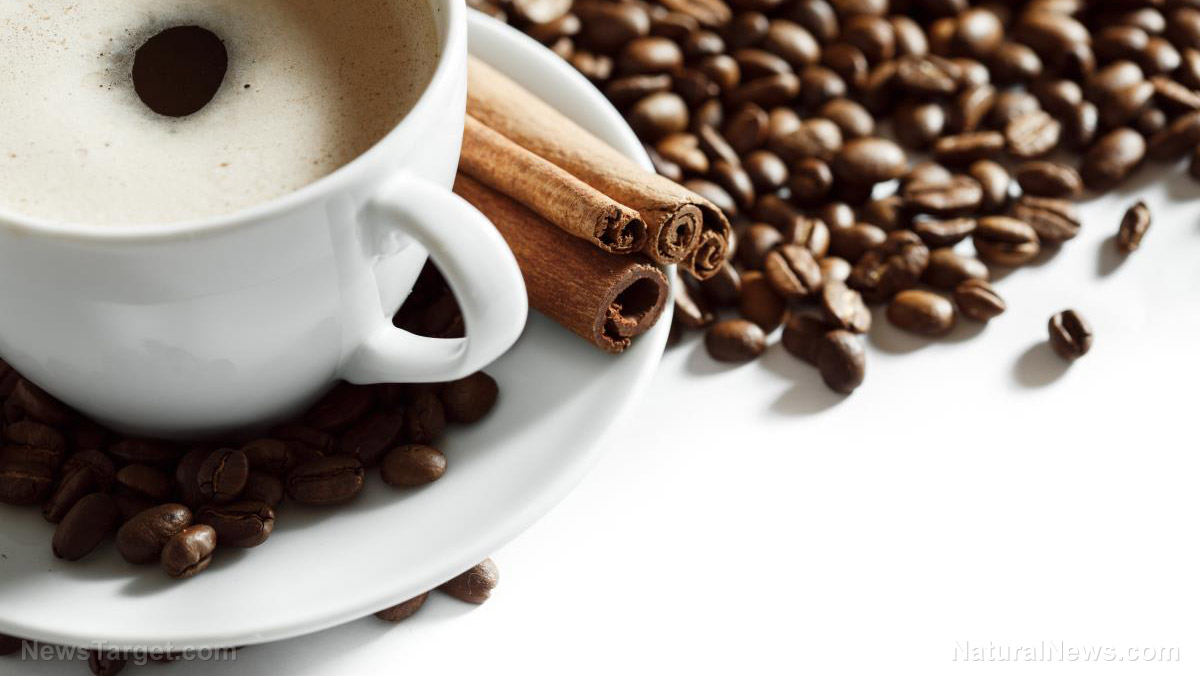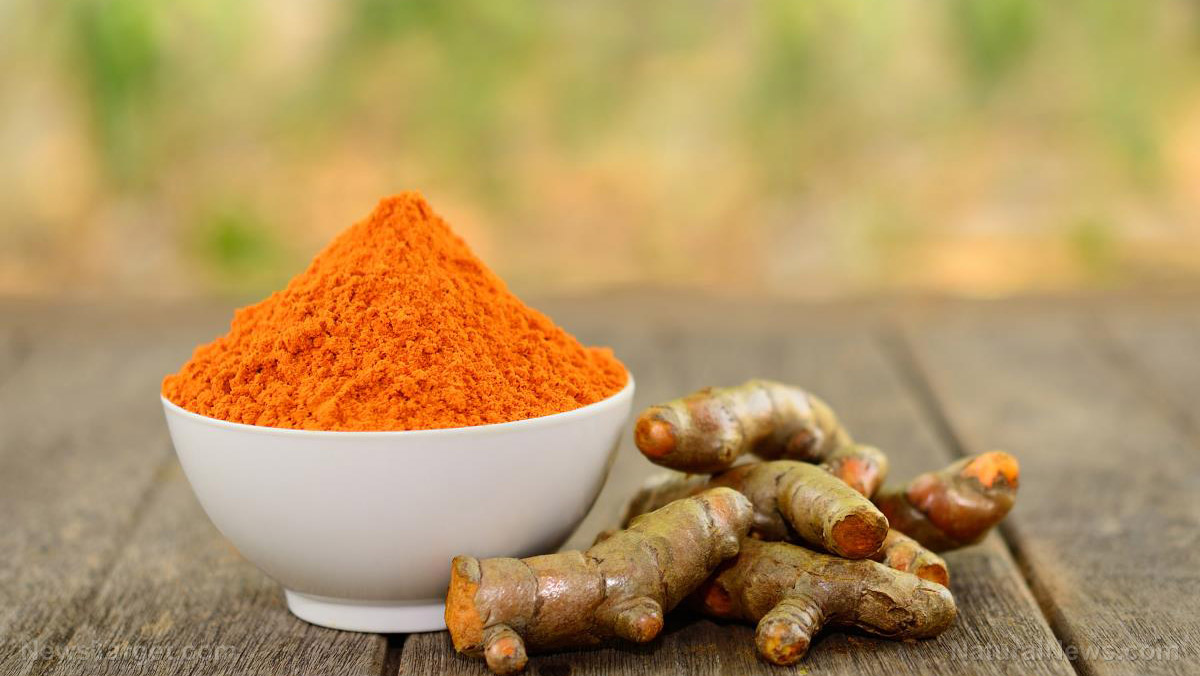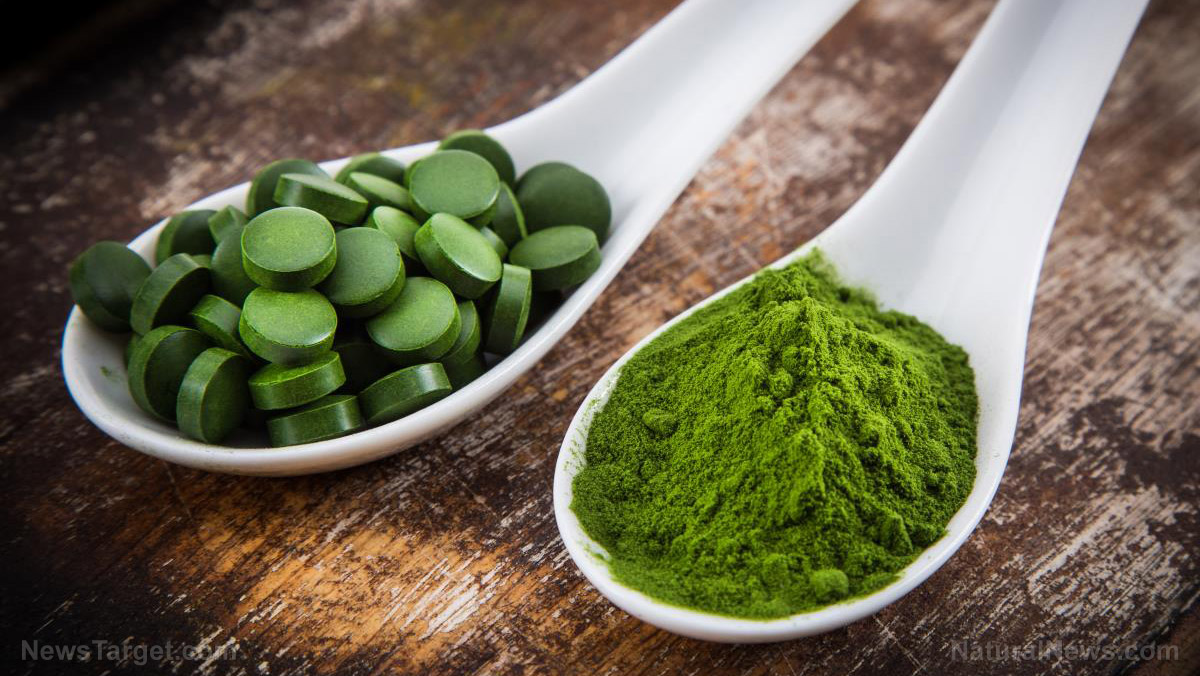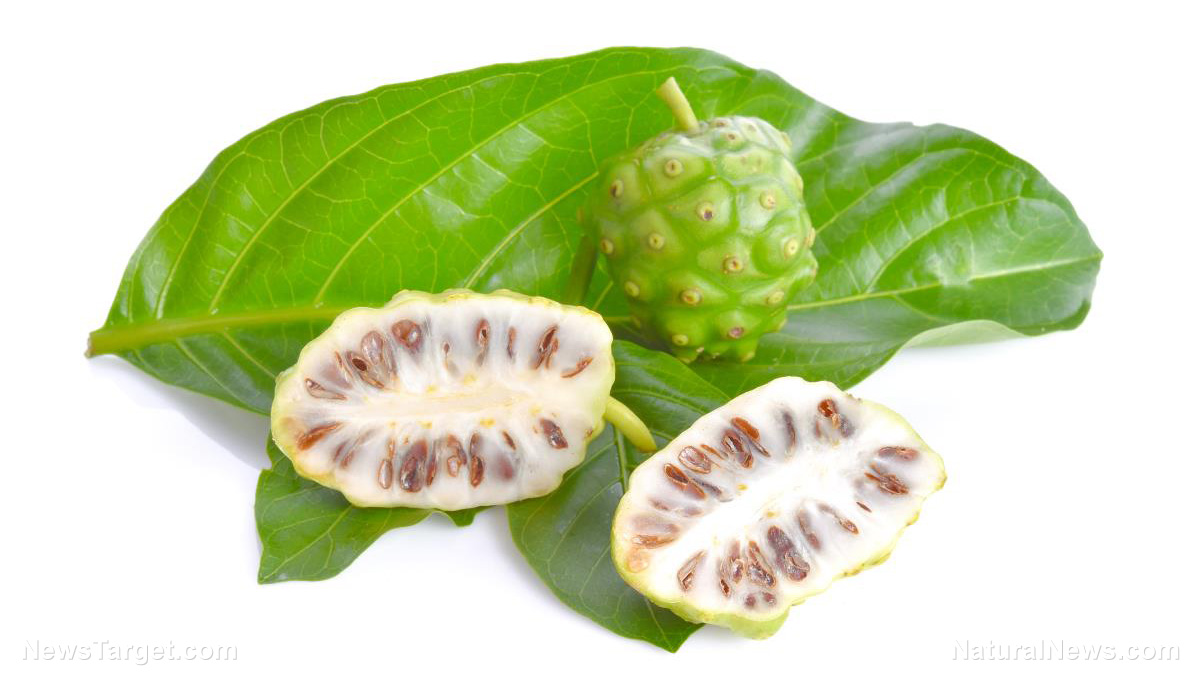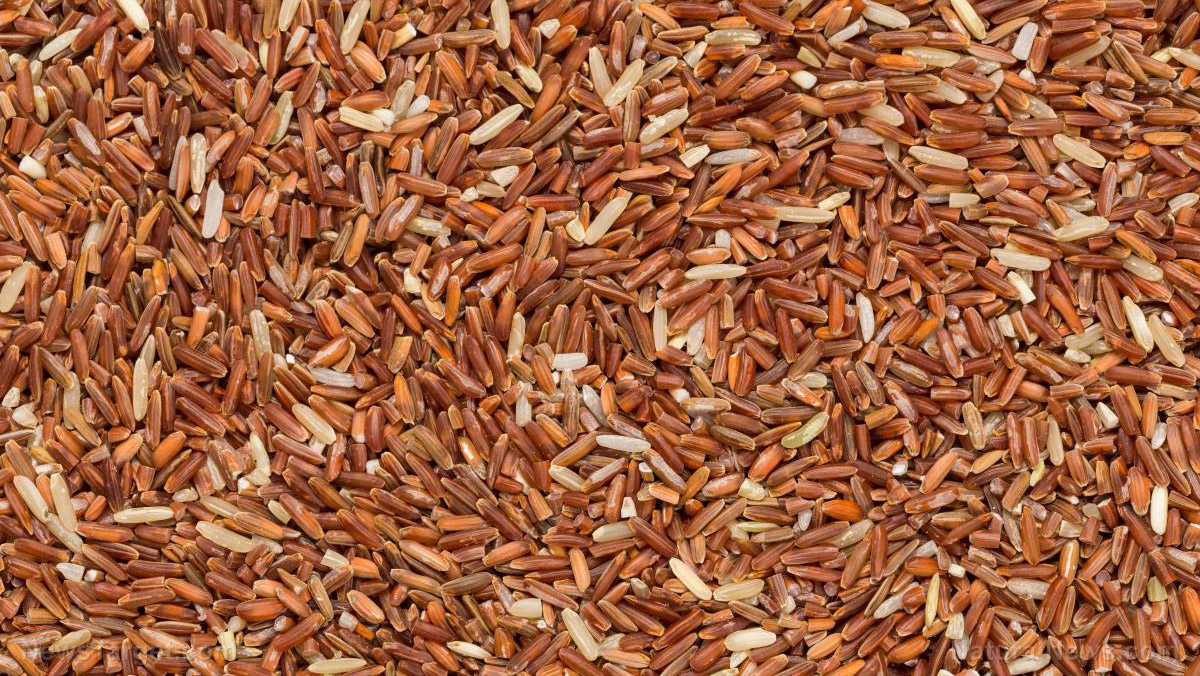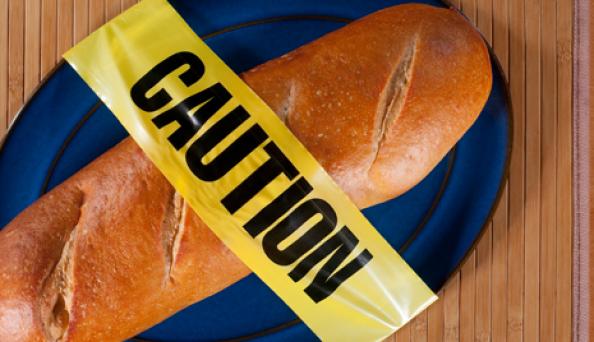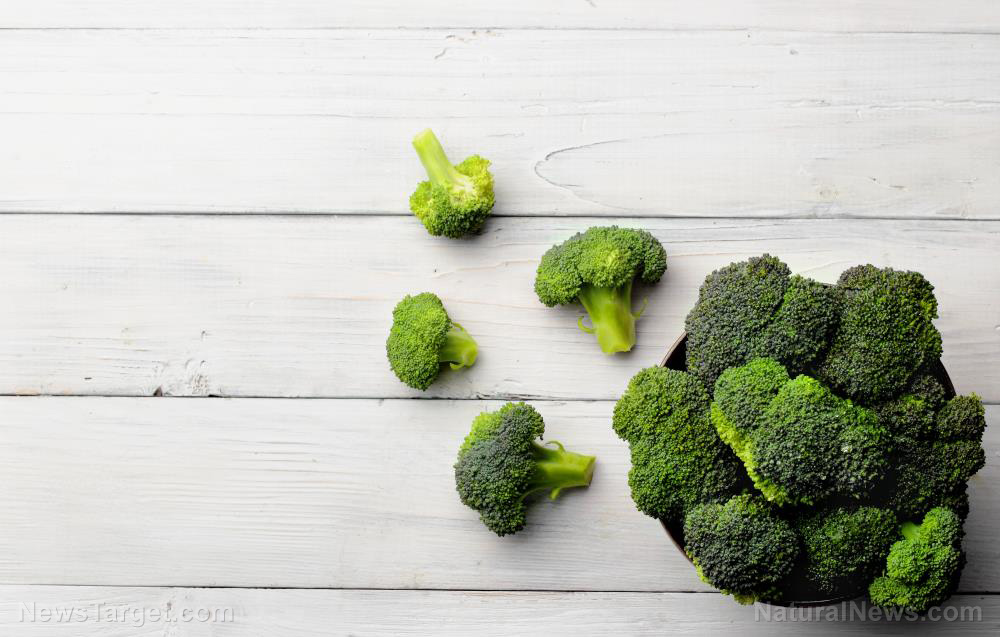What you need to know about chia seeds
01/03/2019 / By Michelle Simmons

Chia seeds come from the chia plant (Salvia hispanica), which is a flowering plant native to Mexico and Guatemala. These seeds come in a mix of colors black, brown, and white and are about the same size as sesame seeds. They may be bland, but they have a nice crunchy texture. Chia seeds are healthy too; they provide the following health benefits:
- Chia seeds offer healthy fats: Having a good ratio of omega-3 and omega-6 fatty acids is essential for optimal health. If imbalances occur, it can result in chronic inflammation, insulin resistance, and obesity. Chia seeds have more omega-3 fatty acids than omega-6 fatty acids, which is good because having too much omega-6 fatty acids can lead to various diseases. An ounce of these seeds provides 4,915 milligrams (mg) of omega-3s, which is three times as many as the 1,620 mg omega-6 content. Chia seeds contain 7.5 times more of omega-3 fatty acids per ounce than salmon. These seeds have the highest protein content among all edible seeds.
- Chia seeds provide proteins: For people who do not eat meat, chia seeds are a great source of protein. These seeds provide almost the same amount of protein as an egg, giving 4.5 grams (g) per ounce. Chia seeds are also great for people who are trying to maintain a healthy weight or lose weight as protein can make you feel full.
- Chia seeds are rich in fiber: While the fiber in chia seeds helps regulate bowel movements, it also helps lower the risk of many chronic health conditions, such as Type 2 diabetes, obesity, and heart disease. Chia seeds also expand the juices of the gut, making you feel fuller for longer. These benefits make chia seeds a healthier source of fiber than processed bread and cereals. An ounce of chia seeds will give you more than 42 percent of the daily recommended fiber intake.
- Chia seeds help you lose weight: Because chia seeds are both rich in fiber and protein, they are great for weight management. They make you feel full enough to reduce your calorie intake naturally.
- Chia seeds may lower your risk of heart disease: As mentioned earlier, chia seeds are packed with fiber, protein, and omega-3 fatty acids. These nutrients may help improve cholesterol and triglyceride levels, decrease atherosclerotic plaque, improve endothelial function, and slightly lower blood pressure. Because of these, chia seeds may help prevent the onset of heart disease.
- Chia seeds support bone health: In addition to protein, chia seeds are also rich in calcium, magnesium, and phosphorus – all of which are important for optimal bone health.
- Chia seeds are low in calories: Chia seeds are rich in healthy fats, protein, fiber, manganese, phosphorus, calcium, and zinc. Despite being nutrient-dense, chia seeds are low in calories. An ounce of chia seeds only has 137 calories.
Adding chia seed to your diet
Chia seeds are easy to add to your diet. One of the most popular ways to eat chia seeds is to turn them into a pudding. To make chia pudding, mix a quarter-cup of the seeds in a cup of almond milk or fruit juice of your choice. You can add spices, chopped fruit, nuts, and any other toppings to make the pudding more flavorful because chia seeds alone don’t have much flavor. Wait up to 15 minutes or until the seeds have gelled up and the mixture is no longer watery, then dig in. You can also incorporate chia seeds into your diet by adding dry chia seeds to smoothies and juices, mixing them into yogurt or oatmeal, or sprinkling them on top of a salad.
Read more news stories and studies on healthy foods like chia seeds by going to Superfoods.news.
Sources include:
Tagged Under:




